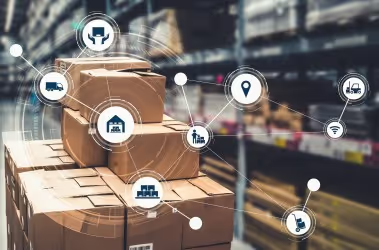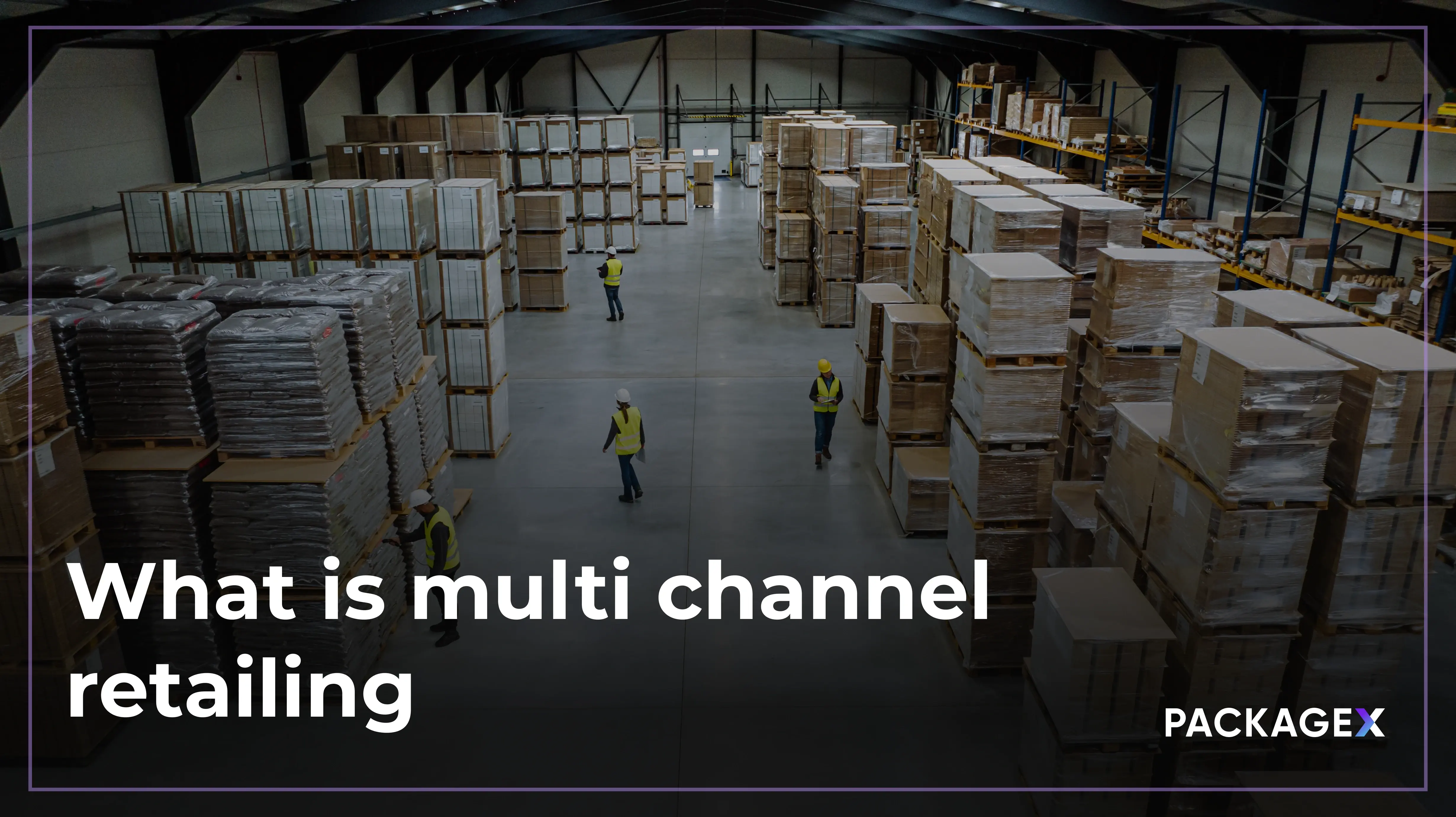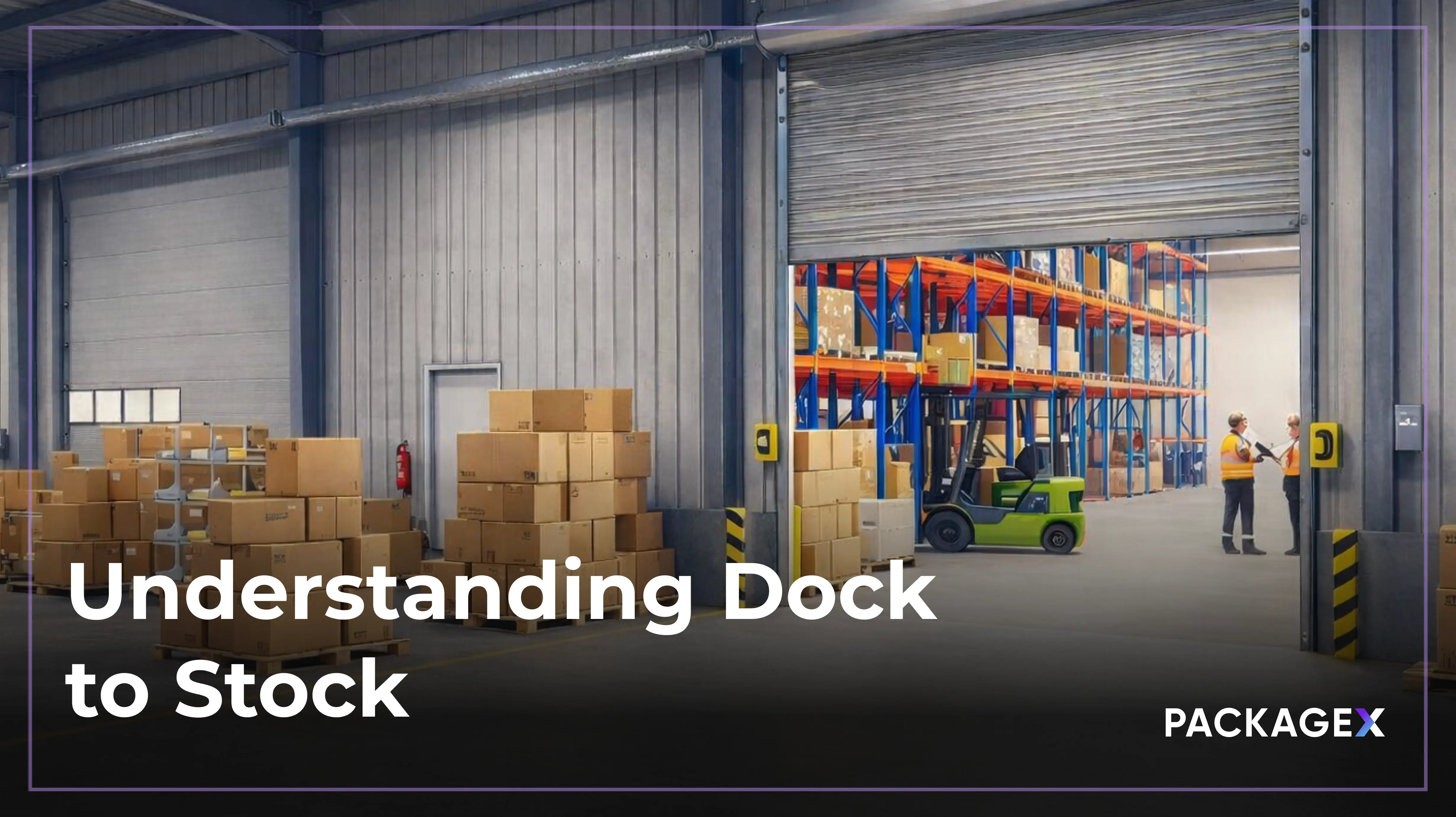Moving items throughout a company's distribution chain is referred to as logistics. However, this process entails a number of functions that must be effectively handled for the organization's supply chain to be productive and useful. Logistical functions are essential because they result in increased productivity, lower costs, higher production rates, and better inventory control when executed efficiently.
According to the Global Logistics Market Report and Forecast, the market value of global logistics was around USD 9,525.1 billion in 2021 and is expected to reach USD 13,326.3 billion by 2027. With the advancement in technology and transportation, the logistics industry will likely continue to boom over the years. Therefore, it's crucial to understand logistics and its functions.
Top 7 Functions of Logistics Management
Logistics is as simple as it is complicated. It's never that easy to get a service or product from point A to B. Logistics and supply chain management are interwoven. The two work together to develop network topologies of logistical activities that service clients.
Logistics encompasses a lot more than just physical distribution. It has a lot of other functions as well. In this article, we will go through the seven most prominent logistical functions:
1. Processing Orders
A critical part of logistics functions is order processing. There are various ways to submit an order, such as through mail, telephone, salespeople, or computers. However, orders must be processed as soon as they are received. Business organizations and customers both reap the benefits of efficient order processing. Some major order processing activities include the following:
- Checking the order for any changes in negotiated terms.
- Payment and delivery terms.
- Checking the availability of stock.
- Production and material scheduling to cater to shortages.
2. Transportation
Transportation is the most crucial and essential function of logistics in supply chain management since it allows items to move from the provider to the buyer. When a customer places an order, the purchase is not complete until the products are physically delivered to their location. Transportation consumes 60 to 70% of logistics costs, particularly for low unit-priced and mass-consumed products. Various transportation modes are used to physically move items, such as rail, truck, water, and air.
Firms select methods of transport based on the state's or area's transportation systems. When choosing a form of transportation, the most important factor to consider is the price. However, the necessity of the product at the customer's end might occasionally outweigh the economic issue. Regardless of the expense, the goods are sent through the fastest route.
3. Managing Inventory
Inventory management is one of the most important logistical functions that is also considered the worst offender in a company's entire supply chain because of its high carrying cost, which eats into profits indirectly. It includes costs such as inventory funding, security, warehousing, damages, repairs, and thefts.Inventory management is all about having enough inventory on hand to meet customer requirements while keeping carrying costs low. It's a delicate balancing act between offering exceptional customer service while minimizing market share loss and the associated costs.
4. Warehousing
The storage of finished items until they are delivered is known as warehousing, which is significant to a company's logistics functions. The right warehousing decisions determine the efficacy of a company's marketing.
With the recent developments in technology, warehousing has improved significantly. Single-storied automated warehouses have replaced older multi-storied warehouses with a limited number of employees.
In logistics, warehousing is a critical decision area. With right and modern warehousing, you can reduce labor costs and have greater inventory control.
5. Packaging
Packaging is a critical element of logistics management functions. It impacts the effectiveness of the logistics system by influencing the physical flow of a product. It's not the same as package design, which is focused on marketing goals.
However, logistical packing is necessary for breakage prevention, handling of materials, and storage space efficiency. In terms of packing cost, load utilization significantly impacts logistical packaging.
{{returns-webinar}}
6. Handling Materials and Storage
Material handling is considered influential among other logistical functions because it affects how inventory moves along the distribution chain. Product breakage, delivery delays, and incidental overhead expenses will increase because of incorrect material handling.
Advanced manufacturing technologies and material handling increase the efficiency of the logistics system. The numbers to be managed, the speed necessary for material transportation, and the degree of service to customers are all factors to consider when choosing a material handling system.
The storage system is critical for maximum space utilization in a warehouse of a particular size. For quick movement (holding and retrieving) of items to and from the warehouse, the supply chain strategy should work in tandem with the storage system.
7. Monitoring
Businesses must keep inventory control, transport, and warehousing all up to date. Each site needs to know about its present supply chain situation, future obligations, and restocking capacity regularly.
Similarly, a company must study the various means of transportation available, their prices and appropriateness for services and additional features before choosing a carrier. Storage space, labor schedules, order demands, and delivery must be monitored and tracked. Also, businesses can enhance their efficiency by keeping a check on services and reviewing total delivery efficacy.
Conclusion
Logistics is a complicated process, but ultimately, it's all about customer service, which can be readily improved by enhancing the quality and speeding up delivery. Through proactive and data-oriented planning, you can boost commercial earnings and increase your sales. Digital solutions like PackageX help companies improve logistical functions like inventory management and warehousing to make them more seamless.




.webp)
